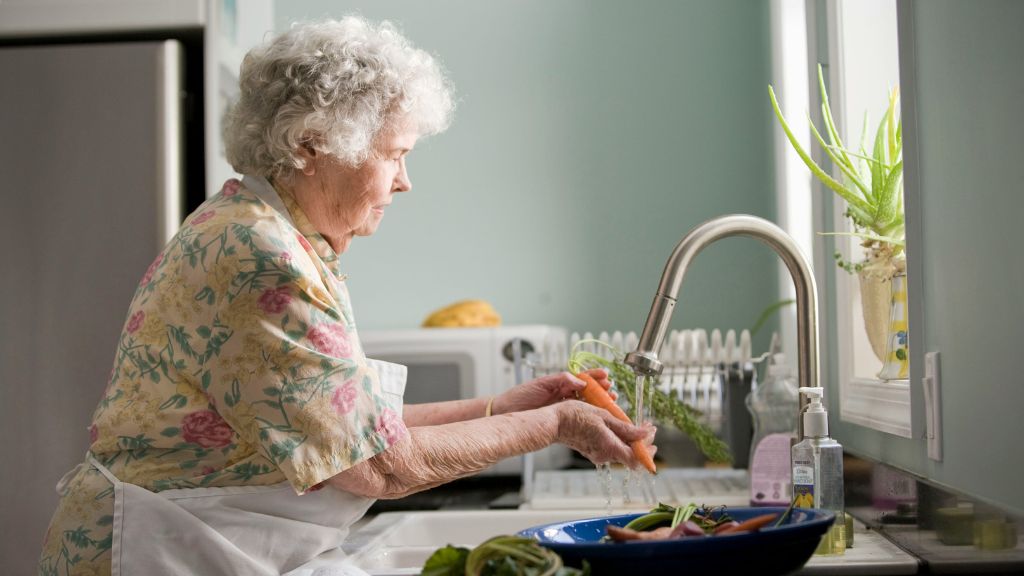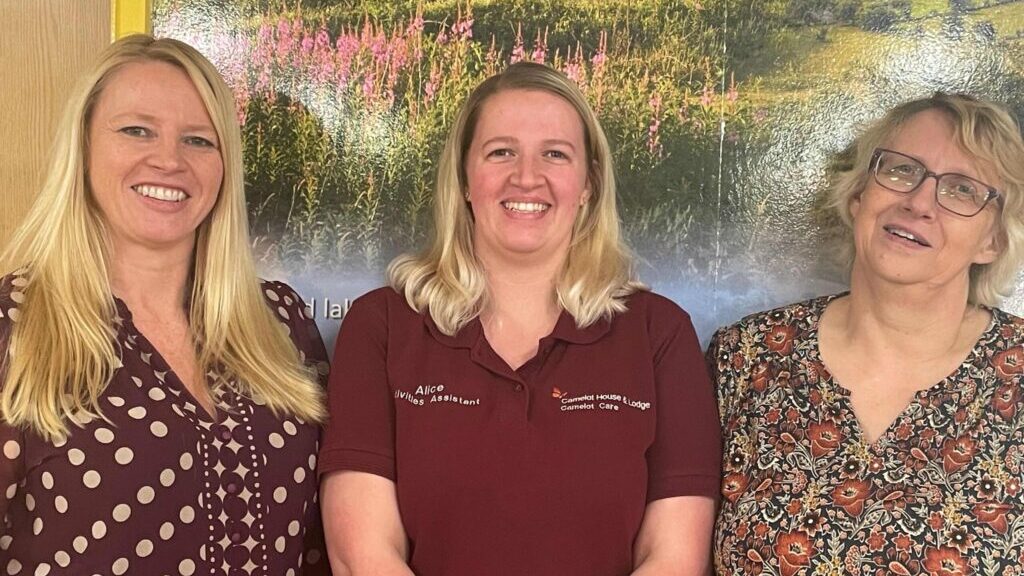Adoption of technology enabled care hampered by lack of understanding

Around half of councils in the UK believe there is little or almost no understanding of technology enabled care (TEC) across the health and social care workforce, according to research.
A report from the TEC Services Association (TSA) and PA Consulting also found that while almost all (97%) of adult social care leaders agree that TEC is an important way to respond to “the tidal wave of demand and complexity” they face, eight in ten say building a case for investment to achieve their goals remains a key challenge.
TEC services include traditional alarms and sensors as well as smart devices to help people maintain their independence.
Half of councils say their workforce has “almost no understanding” of how to speak confidently to service users about the benefits of TEC. Fewer than half (45%) of councils either have firm plans in place or are already making good progress in raising awareness of TEC across their workforce. Just one-third (34%) either have firm plans in place or are already making good progress in removing barriers stopping their workforce from using TEC, such as skills gaps.
The findings come from state-of-the-sector report From ambition to action, which includes a survey of adult social care leaders from across the UK. The report identifies four key barriers to uptake of TEC services: financial pressures, workforce challenges, integration of health and social care, and the digital switchover.
Alyson Scurfield, TSA chief executive, said: “As the public sector grapples with rising demand and stretched resources, it’s clear that TEC services have a pivotal role to play. Our joint report with PA underlines the degree to which TEC is now seen as integral to meeting health and care needs and the desire to do more.”
Robert Turnbull, care technology expert at PA Consulting, said: “Social care is in crisis and councils are rightly turning to care technology as one means to support its prevention agenda. This is driving a huge surge in momentum surrounding care technology within social care.”



